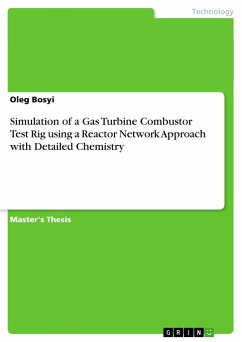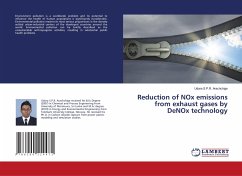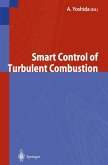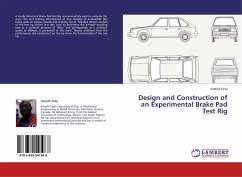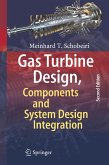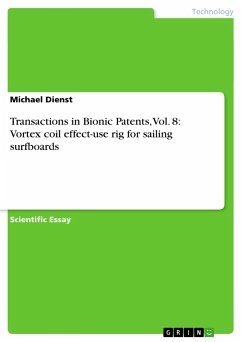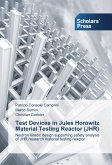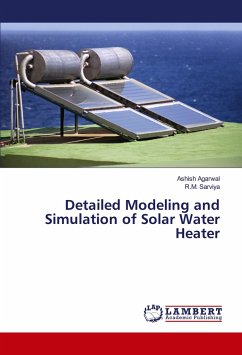Master's Thesis from the year 2014 in the subject Engineering - Power Engineering, grade: 1.0, Brandenburg Technical University Cottbus, language: English, abstract: Use of gas turbines as one of the most effective power generation technologies has ecological concerns caused by polluting combustion products. To reduce emissions different fuel compositions are being constantly investigated and gas turbines are developed by means of experiments or less expensive numerical simulations. Combustion processes can be modeled in computational fluid dynamics (CFD) with a good accuracy but it is time consuming and rather complicated in case of detailed chemistry. To overcome this issue a processing of CFD solution can be applied for a further building of equivalent chemical reactor networks (CRN) that allow to reduce calculation times and take minor species into account. The aim of this work is to choose a proper technique of CRN set-up and apply it for engineering tasks with the software tool 'LOGEsoft ReactorNetwork'. The first part of the thesis is devoted to investigation of existing CRN approaches, CFD processing instruments and testing and improvement of the 'LOGEsoft ReactorNetwork'. That software is successfully examined on the Sandia Flame D and a parameter study of the reactor network is carried out. The second part involves mechanism validation for methane/hydrogen mixtures and development of an equivalent reactor network for the Siemens atmospheric combustion test rig that serves as an experimental facility for enhancement of the 3rd generation dry low emission burner. The obtained CRN is validated against experimental data of NOx measurements and it showed reasonable results with deviations. A parameter study and mechanism sensitivity of the model is also conducted and some ways for the future improvement are suggested.
Hinweis: Dieser Artikel kann nur an eine deutsche Lieferadresse ausgeliefert werden.
Hinweis: Dieser Artikel kann nur an eine deutsche Lieferadresse ausgeliefert werden.

